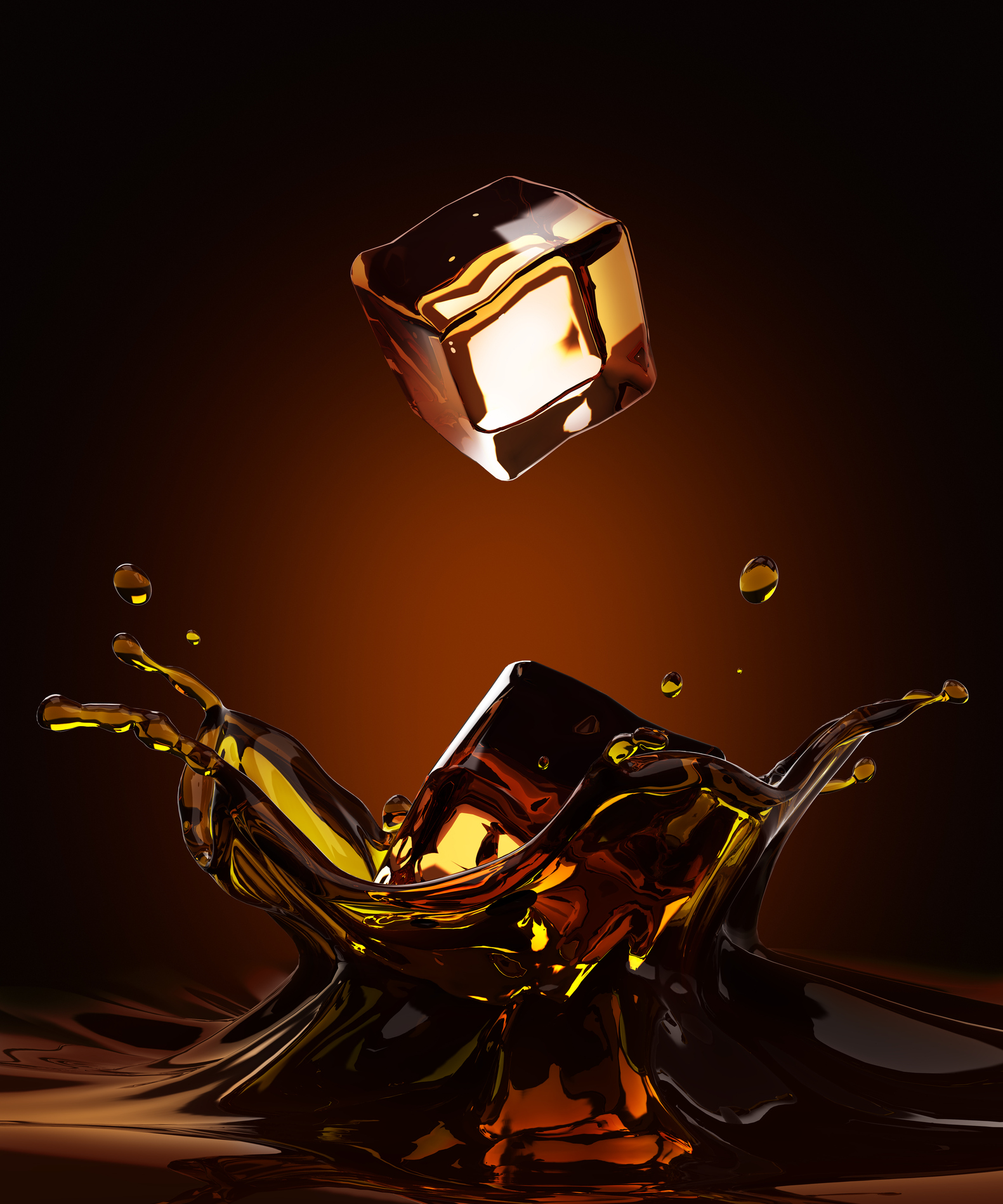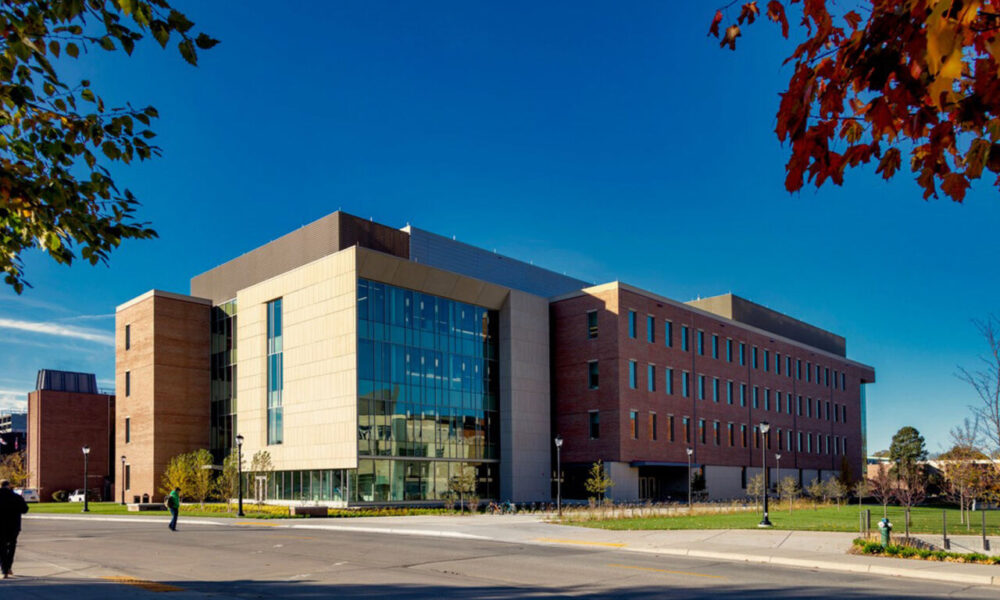A recent study conducted by Lei Jiang and his colleagues at the Chinese Academy of Sciences has shed light on how the shapes formed by water and ethanol molecules in alcoholic drinks affect their flavor profile. The researchers examined the molecular makeup of various alcoholic beverages such as beer, rice wine, and baijiu, and measured their surface tension using imaging techniques to study the clusters of water and ethanol molecules at different alcohol levels and temperatures.
Results from taste tests conducted in partnership with Chinese baijiu brand Wuliangye showed that colder and less alcoholic liquids were associated with a more refreshing flavor due to the structure of their molecule clusters becoming more compact at lower temperatures. On the other hand, warmer drinks and those with a higher alcohol by volume (ABV) were perceived as more pungent and alcoholic because of their different cluster formation.
While this study provides valuable insights into how temperature and ABV impact the taste of alcoholic beverages, Gavin Sacks from Cornell University cautioned that the relationship between molecular clusters and taste is complex. He explained that the same receptors in the mouth can be triggered by both the burning sensation of alcohol as well as heat, making it difficult to separate one from the other when tasting a drink.


